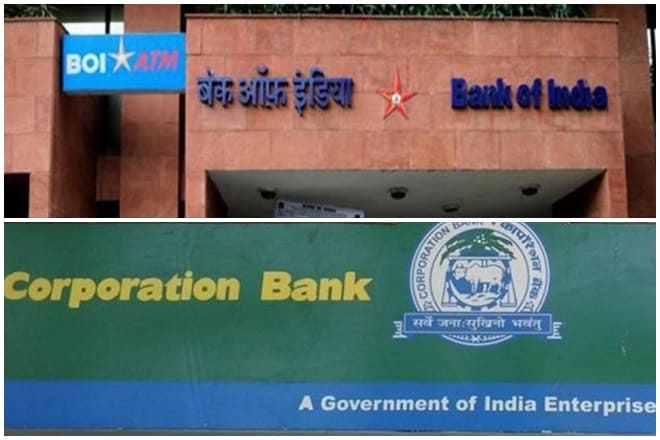In order to clean the balance sheet and reduce the burden of provisioning, Indian banks have been rigorously selling off default loans and other bad assets to the asset reconstruction companies (ARCs). Banks have sold stressed assets worth Rs 3.79 lakh crore to the ARCs till 2018-19, says the RBI report. Heavy provisions for stressed assets have been eating away the operating profits of the banks. The prudential framework enables the sale of stressed standard assets, which are in default, as part of the resolution process. Sale of such assets has grown by over 18 per cent since 2015-16.
The asset reconstruction companies buy stressed assets from banks and other financial institutions to help the latter to clean up their balance sheets. Meanwhile, the ARCs also have around Rs 1 lakh crore security receipts outstanding with banks. Edelweiss Asset Reconstruction Company Ltd has the highest outstanding security receipts of Rs 46.42 thousand crore, followed by JM Financial Asset Reconstruction Company Ltd and Asset Reconstruction Company (India) Ltd having outstanding security receipts between Rs 10-15 thousand crore.

The stressed assets of the Indian banks have increased after more bad assets are realised over time. The banks have been struggling for liquidity with non-performing assets (NPAs) clocking at around Rs 9 lakh crore. Amid this scenario, a task force, chaired by Canara bank chairman T N Manoharan, has recommended making a secondary market for corporate loans which is aimed to provide banks with the principal benefits such as capital optimisation, liquidity management and risk management.
The RBI report also suggests that the result would, in turn, lead to additional credit creation at the economy-wide level. The task force believes that the development of a secondary loan market will enable enhanced return opportunities for smaller banks, NBFCs, insurance companies, pension funds and hedge funds.


